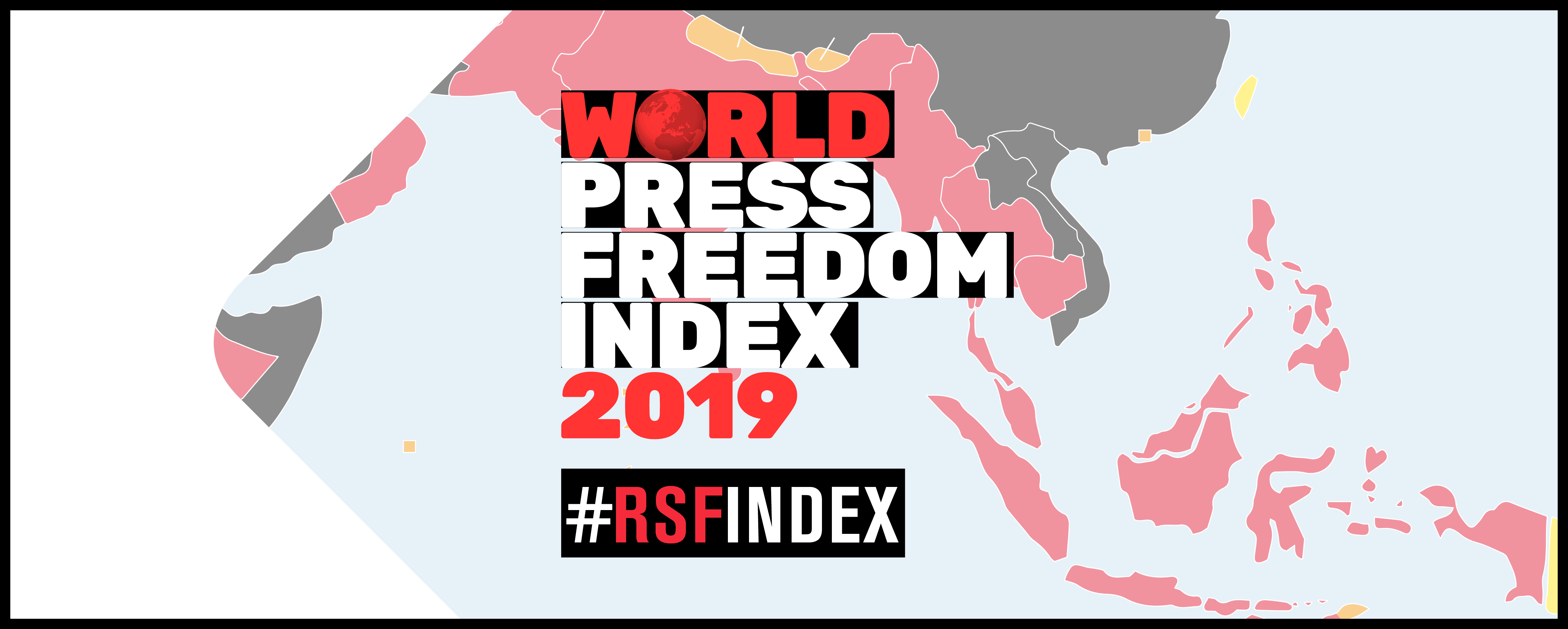
The theme for this year’s World Press Freedom Day is ‘Journalism Without Fear or Favour.’ It calls for awareness on specific issues about the safety of journalists, their independence from political or commercial influence. Do Bangladeshi media workers have that right? Are they able to express their views in a free voice? Are they able to post their comments on social media? Now the question is, who access the freedom in media? Is it access the media house? Journalist? Or the media owner? These three classes are closely related to it! UNESCO also answer on World Press Freedom Day. According to UNESCO, “the freedom must be for a news story and the journalist.” But if you look the ground in Bangladesh all freedom is kept into the pocket of the owner and advertisers. Journalists are just ‘servants of order’ here. Most of the media Mughal in Bangladesh are ruling parties legitimate and pro-government Businessperson.
Now the alarming thing is Shafiqul Islam Kajol disappearing, who is working Dhaka-based photojournalism and editor of the Dainik Pakkhakal newspaper. The day before he disappeared, a ruling party MP Saifuzzaman Shikhor brought a complaint against him under the Digital Security Act. Two other journalists, Matiur Rahman Chowdhury the editor of the daily Manabzamin, and one of Manabzamin’s reporters are also accused in the same case. After 53 days of Kajol’s disappearing, Bangladesh border officials arrested him in the no-man’s land between Bangladesh and India. Now he is under trial by a false suit. Reporters Without Borders (RSF) called upon the Bangladeshi authorities to free Kajol immediately.
A few days ago, Reporters without Borders (RSF) released their World Press Freedom Index 2020. Their report shows that the coming decade will be decisive for the future of journalism. This Index, which evaluates the situation for journalists each year in 180 countries and territories, suggests that the next ten years will be crucial for press freedom.
According to the RSF report, Bangladesh is placed 151 out of the 180 countries. Bangladesh ranked the worst position in any country in South Asia. Even its worse than war-ravaged Afghanistan, Afghanistan’s position is 122, it is also better than Pakistan (145) and India (142). Index show, Sri Lanka score 127, Nepal 112, Bhutan 67, Maldives 79. Bangladesh’s position is deteriorating for five consecutive years. In 2019 Bangladesh was scored 150, 2018 it was 146, in 2016 it was 144.
In the chapter for Bangladesh RSF said, Bangladeshi journalists have been leading collateral victims of the tougher methods adopted by the ruling party and its leader. Ten journalists were attacked and badly beaten by supporters of the ruling party Awami League and its student wing the Chhatra League while covering municipal elections in Dhaka in early 2020. Moreover, the index said, radical Islamist militants harass and even murder journalists and bloggers who dare to defend an overly secular vision of society in Bangladesh.
Bangladeshi legal aid and human rights organization Ain o Salish Kendra (ASK) said, recently a total of 51 journalists were harassed at various levels from January to March 2020. At the official press briefing on Covid-19, the opportunity for journalists to ask questions has been canceled, because a journalist raised a question about the two kinds of commentary of the two government authorities.
According to Amnesty International, most media houses in Bangladesh are controlled by the owner and political influence. A lot of media houses in Bangladesh, but there is no scope of diverse opinions. This is the main obstacle in the way of free journalism in Bangladesh, the organization said.
Meanwhile, Berlin-based Transparency International Bangladesh (TIB) Said, that journalists were attacked while covering news of the corruption of some people’s representatives and political leaders in the ongoing relief distribution in the COVID-19 crisis. The incidents, harassment, and torture happened in various parts of the country. Besides, by the Digital Security Act government try to surveillance and repression in social media and traditional mass media. According to the TIB, these suicidal practices should be stopped immediately.
New York City-based Committee to Protect Journalists (CPJ) said, at least eight journalists have been attacked by police and political activists in Bangladesh amid the ongoing COVID-19 epidemic. At least seven people have been charged under various laws, and two have been remanded in custody.
Bangladesh has almost all the examples of independent journalism. After that oppression, journalism is at the top of the people’s trust and confidence in Bangladesh. The ineffectiveness of maximum democratic institutions, the media has survived because of its truthful voice. In Bangladesh, there is a critical place to do proper journalism. Journalists are feeling danger always, like fearing of harassment, torture, false suit even risk of life. I want to tanks all of the Bangladeshi media workers, who work here in this devastating condition.
